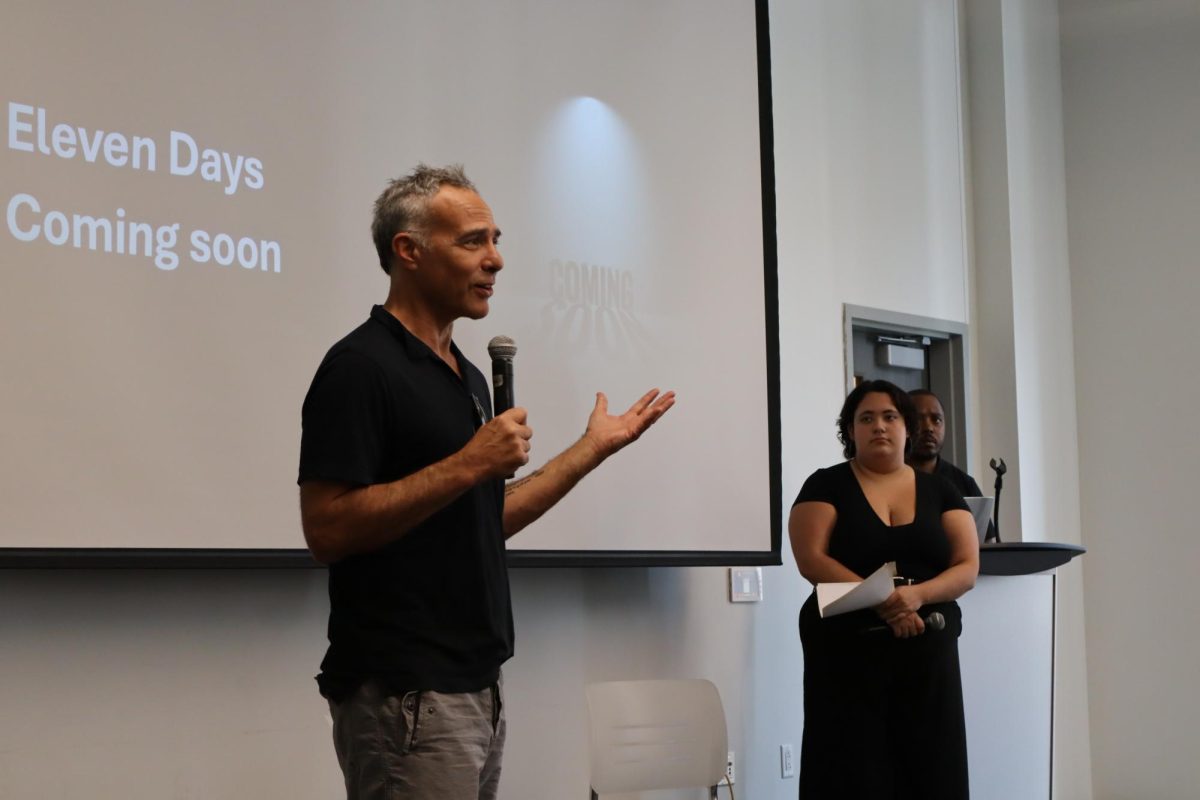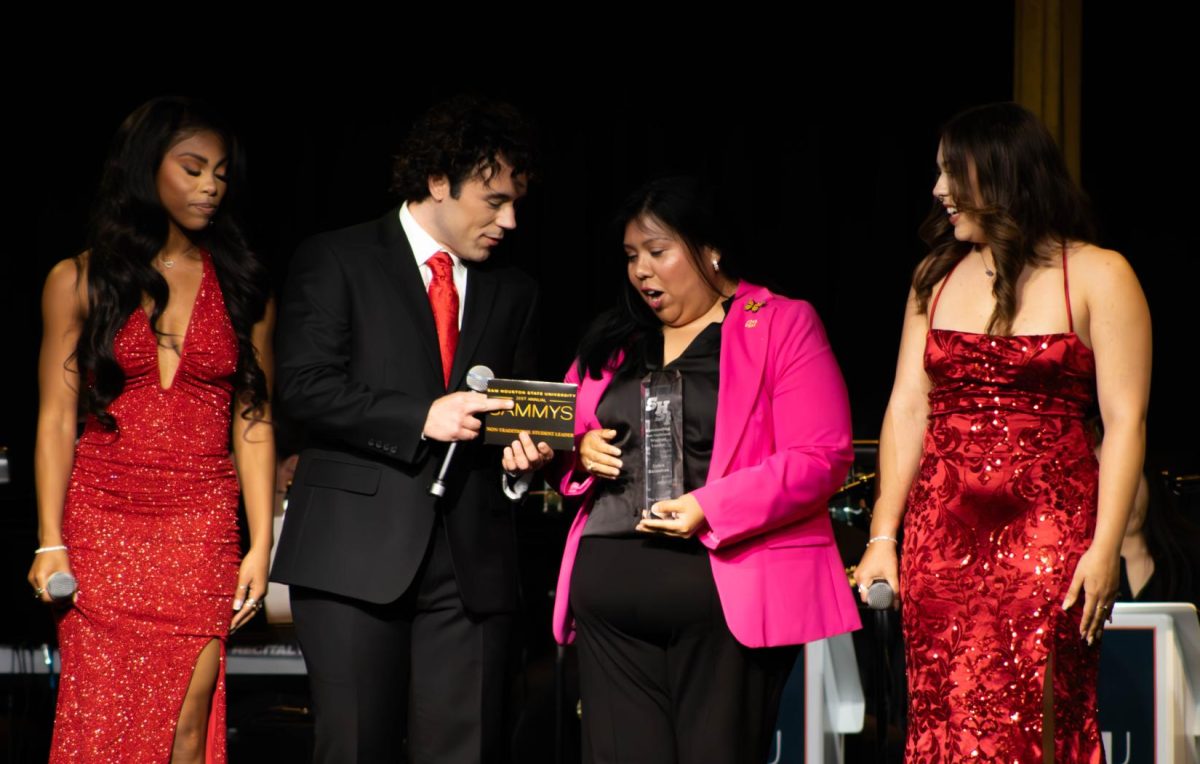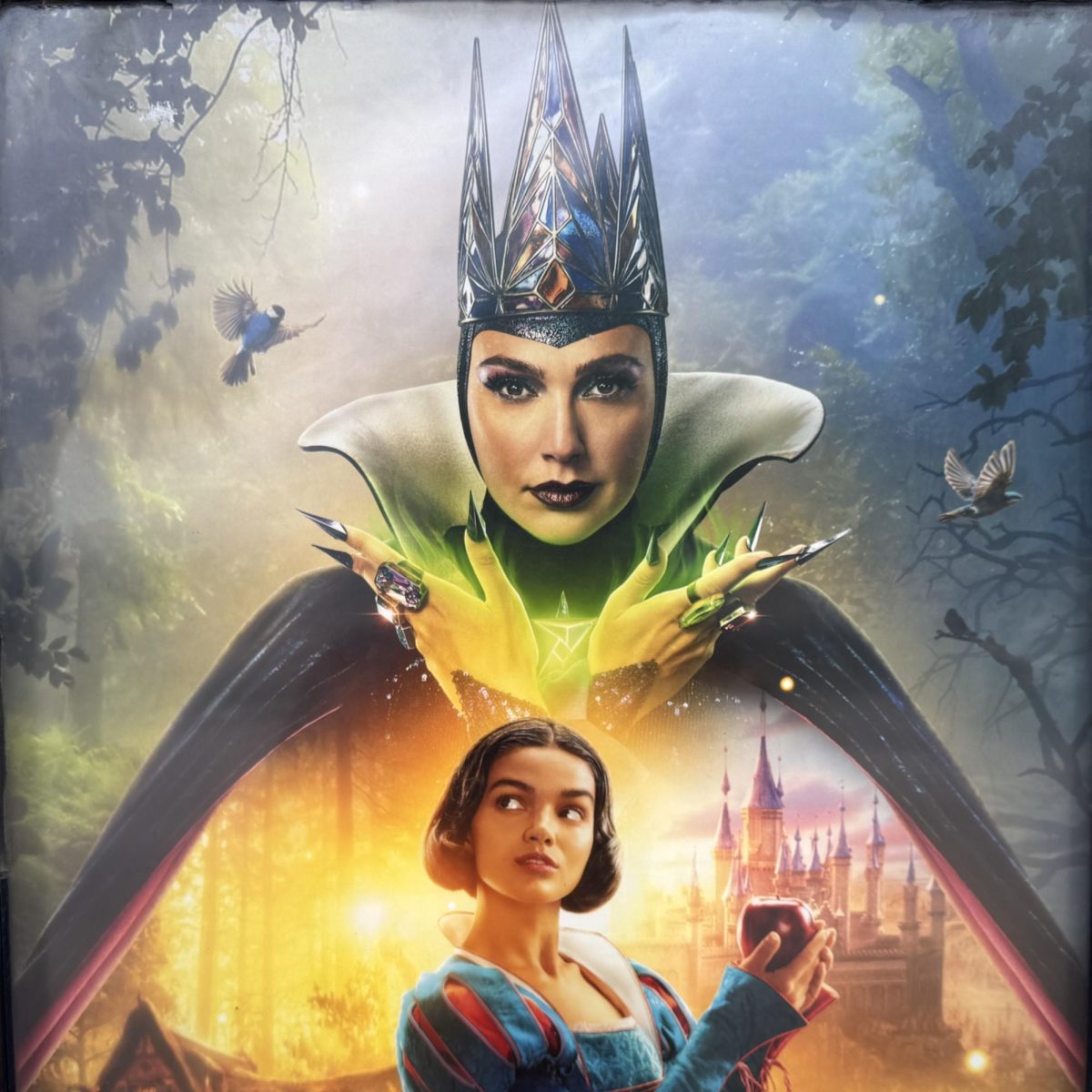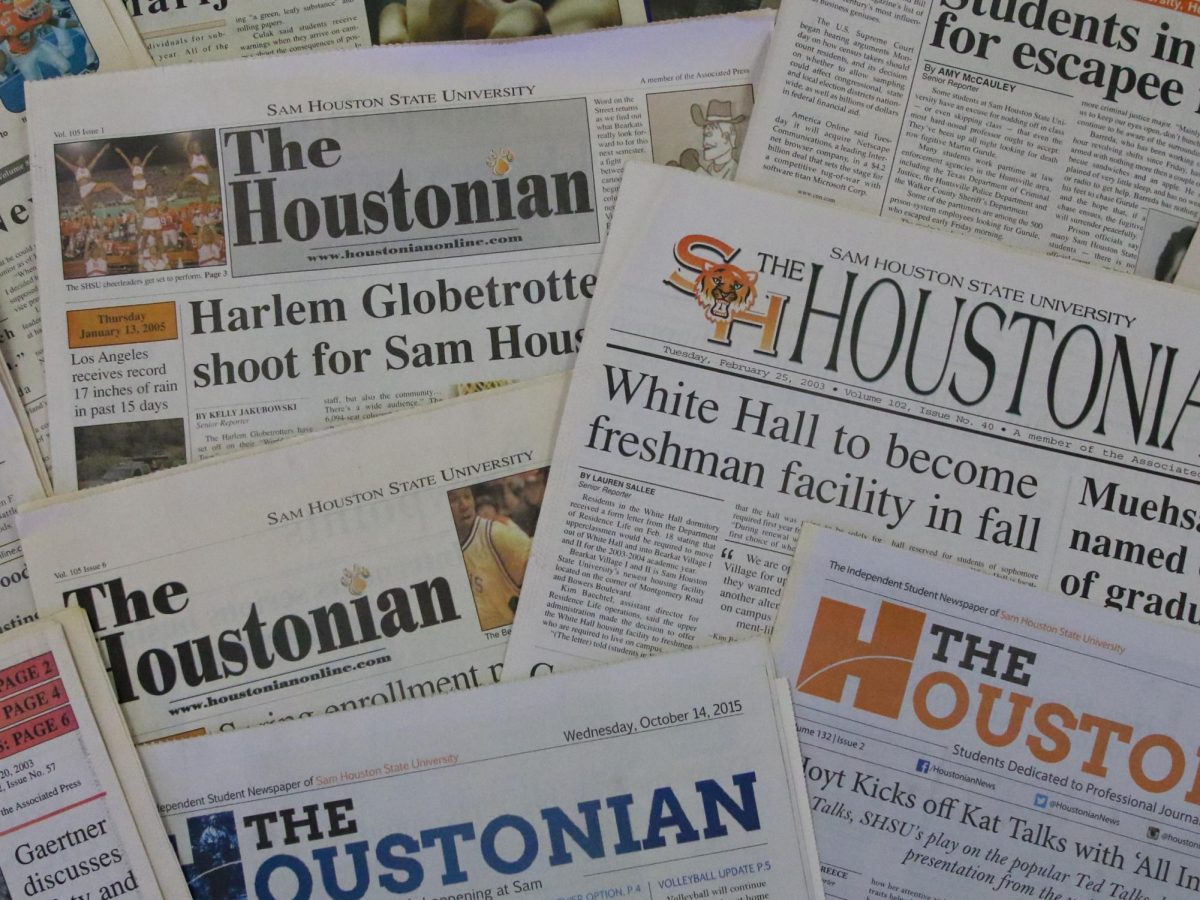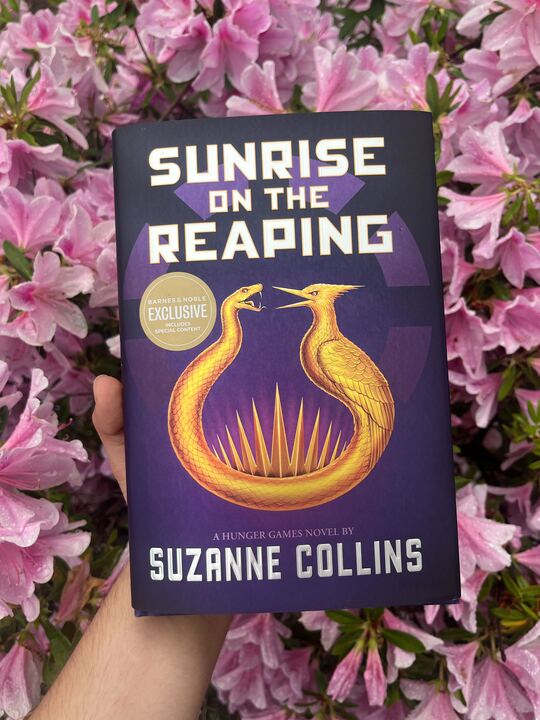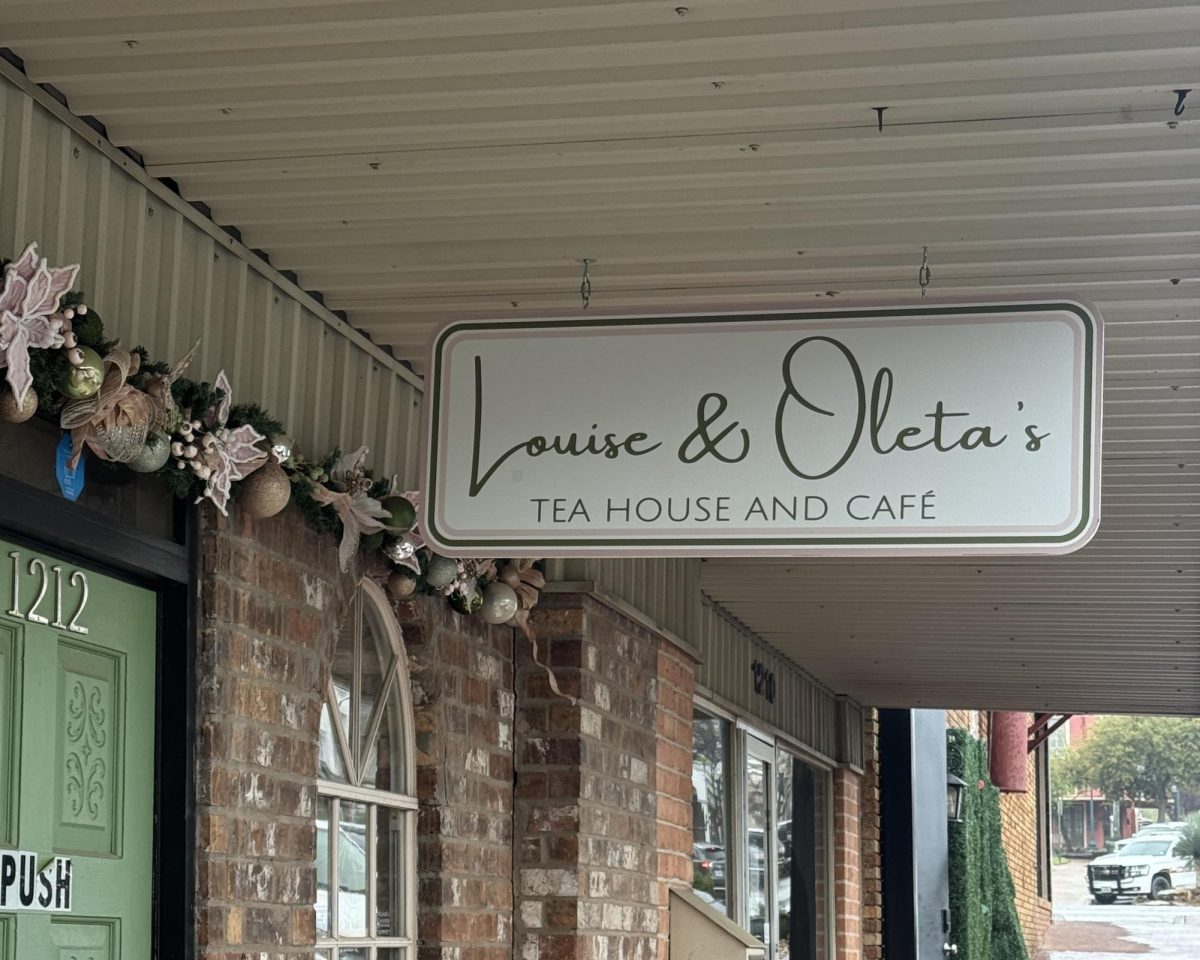Award-winning writer, director and producer Peter Landesman recently spoke to students at Sam Houston State University about his journey in the film industry, including notable projects such as “Jeffrey Epstein: Filthy Rich,” as well as an upcoming film with deep connections to Huntsville.
Priority One, SHSU’s in-house public relations and advertising practicum, hosted the guest speaker chat in the Lowman Student Center on Sept. 18 in light of Landesman’s upcoming production “Eleven Days.”
The movie is set around what is believed to be the longest prison siege in American history that occurred in 1974 in the Huntsville Unit Prison’s library at the hands of Frederico Gomez Carrasco and two other inmates.
According to 11 Days in Hell, Carrasco was a notorious drug lord serving a life sentence for the attempted murder of a policeman in San Antonio.
“The end of the story is remarkably tragic, but in a Shakespearean pathos way,” Landesman said, adding, “it’s kind of a weird love story between a man and a man, the director of the prison and the inmate.”
Former Director of the Texas Department of Corrections, James Estelle Jr., engaged in numerous negotiations with Carrasco and utilized stalling tactics to combat the unpredictability of the situation. After two hostage casualties and a failed escape attempt, the siege ended on August 4, 1974.
“The people we thought should die don’t, and the people we want to save don’t survive,” said Landesman.
Before his career in filmmaking, Peter Landesman was a Peace Corps member, painter, novelist, photographer, investigative journalist and war correspondent.
His groundbreaking investigations with organizations such as The New York Times Magazine, The Atlantic Monthly and The New Yorker were twice awarded by the Overseas Press Club for the best international and human rights reporting.
Landesman’s journey to the movie business began around a low point in his life, as he was battling relationships and financial concerns. Regardless, he wanted to combine his success as a novelist and artist into something more.
“I thought, ‘If I can’t do this now, I’m never going to do it,’” Landesman recalled.
He found himself in Hollywood after being under the towers on Sept. 11, then being stationed in Afghanistan and Pakistan two weeks later, covering the war. Landesman wrote articles about art forgery, antiquity smuggling, and sex, drug and arms trafficking.
One article published in the New York Times Magazine regarding weapons trafficking was optioned by Universal Studios and Michael Mann. Mann is a director who would soon become Landesman’s mentor.
The journalistic mindset never ceased, however, as it has bled into how he approaches conveying a story apart from the documentary style.
“Every story demands to be told in its own way,” Landesman said. “I have to sit and listen to the story and it’s going to tell me the way it wants to be told.”
He decided to pass along this sentiment to the SHSU students who had attended the guest speaker event. After it concluded, he asked the room, “Who would like an internship?” SHSU senior Chloe Duane jumped at the opportunity.
The process was simple: speaking to Landesman’s coordinator and then starting the following week.
While tending to her responsibilities as a production intern, rushing inventory to senior staff and other big errands, she’s experiencing the life of a film production, while contributing to a production about a historic Huntsville event. Duane described the working environment as “fantastic.”
SHSU student Britney Delgado expressed the importance of telling small-town history on a big scale.
“You just never really know what the history is or what it’s about,” Delgado said, adding “they may be small, but they can tell really big stories.”


